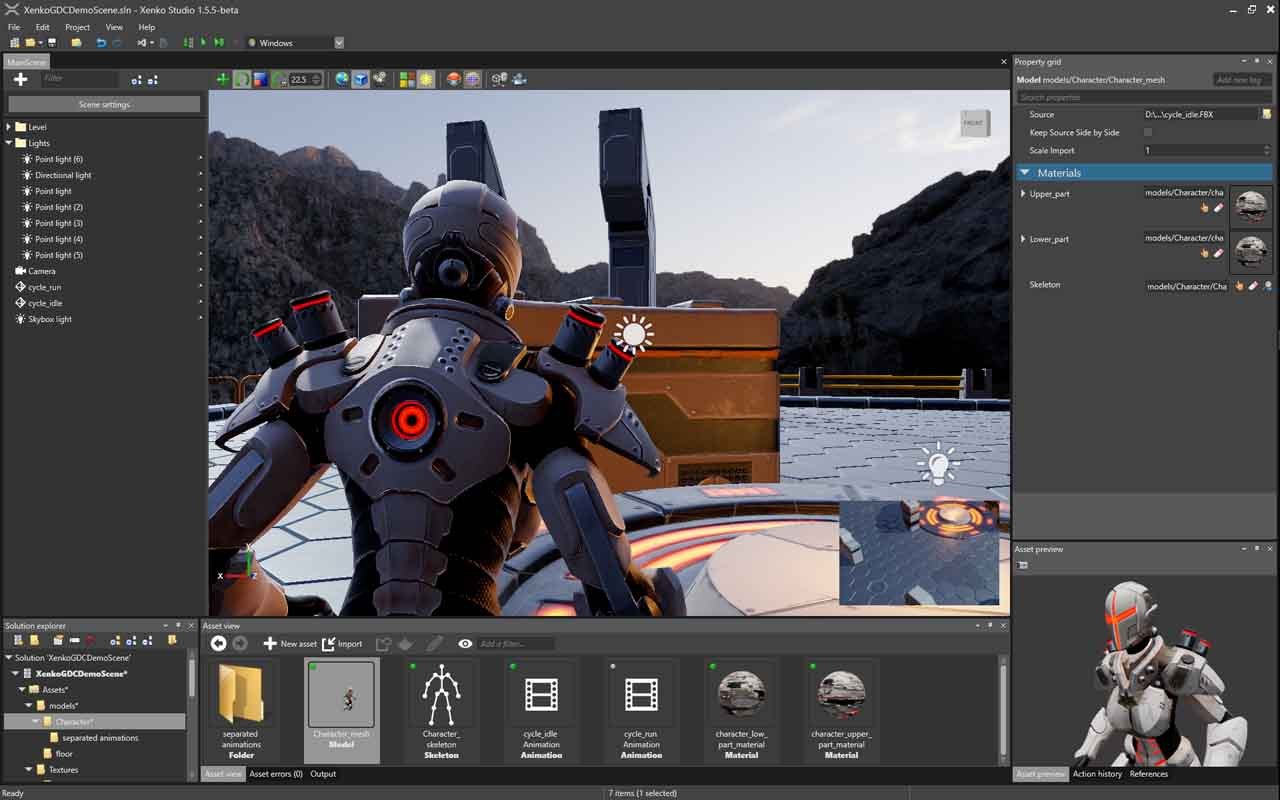Understanding Game Engines: History, Functions, and Types

In today's digital era, video games have become one of the rapidly growing creative industries. From gaming consoles to mobile applications, video games continue to evolve with boundless innovation. One vital component in game development is the game engine. This article will delve into the understanding of game engines, their history, primary functions, and the types of game engines commonly used by Indonesian game developers.
Understanding Game Engines
A game engine is a specialized software framework designed for the creation and development of video games. As a software system, a game engine provides various core functions necessary for game creation, ranging from graphical rendering, physics simulation to memory management. In other words, a game engine forms the foundational basis enabling developers to create games more efficiently and effectively.
History of Game Engines
The history of game engines can be traced back to the 1980s when game developers began creating tools to streamline the game development process. At that time, each game was built from scratch with unique code, making the development process highly complex and time-consuming. With the emergence of game engines, developers could reduce development time and costs by utilizing existing components and functions.
One of the earliest game engines was created by Shigeru Miyamoto from Nintendo, used for side-scrolling games like Excitebike and Super Mario Bros. Since then, game engines have continued to evolve, with Doom and Quake in the 1990s being some popular examples that used game engines to expedite the development process.
Related Post: The Roles and Responsibilities of Game Developers
Functions of Game Engines
Game engines have various primary functions that support game creation, including:
- Graphic Rendering: Generating 2D or 3D graphics within the game.
- Physics Simulation: Simulating the laws of physics to make objects in the game move and react realistically.
- Sound Management: Handling sound effects and background music in the game.
- Scripting: Allowing developers to write scripts that control the logic and behavior in the game.
- Animation: Making characters and other objects move within the game.
- Artificial Intelligence (AI): Controlling Non-Player Characters (NPCs) to act intelligently.
- Networking: Facilitating multiplayer games by connecting players through networks.
- Memory Management: Optimizing memory usage during gameplay.
- Graphics Management: Managing the visual appearance of the game, including textures and other visual effects.
Examples of Frequently Used Game Engines
Here are some types of game engines commonly used by developers in game development:
- Unity: Highly popular for both 2D and 3D game development, supporting various platforms.
- Unreal Engine: Suitable for creating AAA-class games with highly detailed and realistic graphics.
- Cocos2d-x: A lightweight open-source framework suitable for mobile and web games.
- Godot: An open-source game engine supporting the creation of 2D and 3D games with a fully free license.
- Construct: Facilitating game creation without requiring deep coding knowledge, suitable for beginners.
- Corona: Focuses on 2D game development for mobile, using the Lua programming language.
- Phaser: A framework for creating HTML5 games, suitable for lightweight and interactive web games.
When selecting a game engine, it is important for developers to consider the type of game they want to create, the target platform, as well as the capabilities and preferences of the development team. With the right choice, a game engine can significantly accelerate the development process and enhance the final quality of the game.
As technology advances, game engines continue to evolve by offering more features and convenience to developers. With a good understanding of game engines, developers can turn their creative ideas into engaging and innovative games.
Related Post: Basic Steps in the Game Development Process
Megaxus has expertise in developing innovative games according to client needs. Contact us for a free consultation via email at business@megaxus.com, or visit our website at https://corporate.megaxus.com/ for more information.
